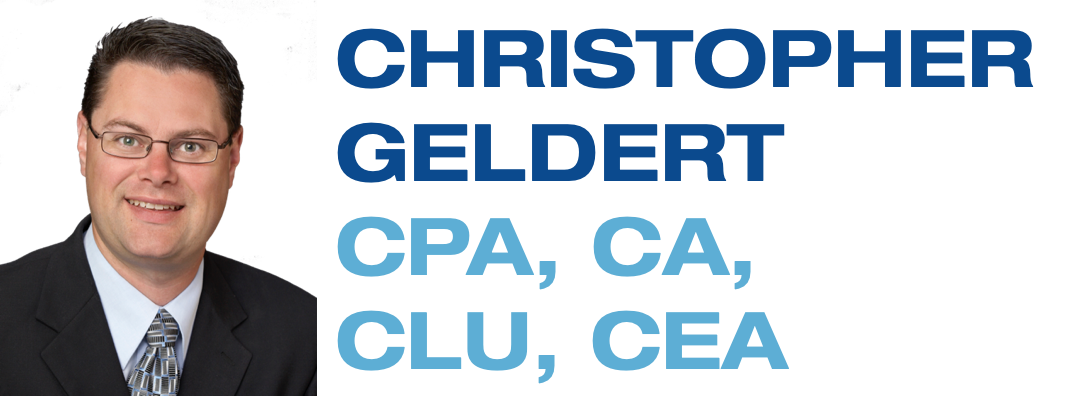In the planning of their estates, most parents might prefer to leave their assets in equal shares to their children. Often, the only complication in this scenario could be how to divide up the family home.
For owners of a family business, however, the concept of treating the children equally can often be much more problematic. This can especially be the case where one or more children are active in the business while others are not.
For many business owners, most of their wealth is linked to their companies and often there are not sufficient assets left over to equalize the estate. Conflicts often arise from estate plans where the corporate shares are split evenly amongst all the children including those who are not involved and unfamiliar with the business. Burdening children actively involved in the company with a sibling shareholder partner who has no experience or interest in the company can create numerous problems – corporately, financially, and emotionally, which could possibly lead to disputes within the family.
Often, a solution could be leaving the non-business child other assets to compensate. This could result in taxes that might have to be paid (such as in the case of RRSPs, cottages, stocks and other equity holdings) reducing the net value received by that heir. In a perfect world, having the exact amount of cash necessary to equalize the estate would be the ideal situation but often there is not enough liquid cash in an estate to cover taxes and proper equalization of assets, especially where those assets are private company shares.
In this situation, life insurance is often recommended to resolve this problem. Life insurance is a cost-effective instrument that creates tax-free cash and is a widely used vehicle for reducing the total cost of settling an estate.
In Canada, taxes arising when we die can often be deferred by leaving assets to our spouse in our will. Since the taxes become payable when our spouse dies or disposes of the assets, joint last-to-die life insurance is a preferred product in estate planning. By adding an additional amount of death benefit to the joint last-to-die policy used to pay taxes at death, estate equalization can be achieved effectively on a tax-free basis.
Here are reasons why life insurance is extremely beneficial in estate equalization for family businesses:
-
If the first generation did an estate freeze, then the future growth of the company shares passes to the next generation involved in the business. The result is that the non-business children will not participate in that growth. Life insurance could be used to create fair, if not equal treatment, for the children not involved in the business;
-
Life insurance provides a guaranteed result and since proceeds flow via a beneficiary designation the arrangement can be completely confidential;
-
Life insurance proceeds payable to a named individual beneficiary do not result in any probate fees or administrative costs. In addition, the proceeds may be exempt from any creditors or litigant claims;
-
With specific planning, the life insurance designated for estate equalization can be owned and paid for by the corporation;
-
Life insurance proceeds paid to the non-business beneficiary can be received by that person promptly without any delay related to required business filings and elections.
As you can see, for the family business owner who is concerned about providing fair and/or equal treatment in estate distribution to any children not involved in the business, life insurance provides tremendous benefits and advantages.
As always, please feel free to share this article with anyone you think would find it of interest.



